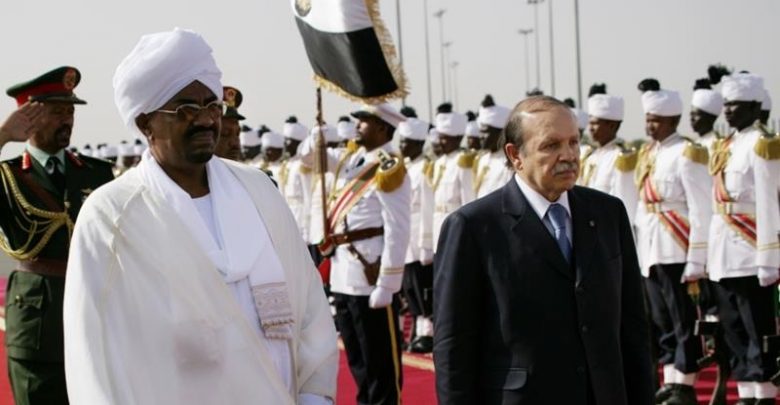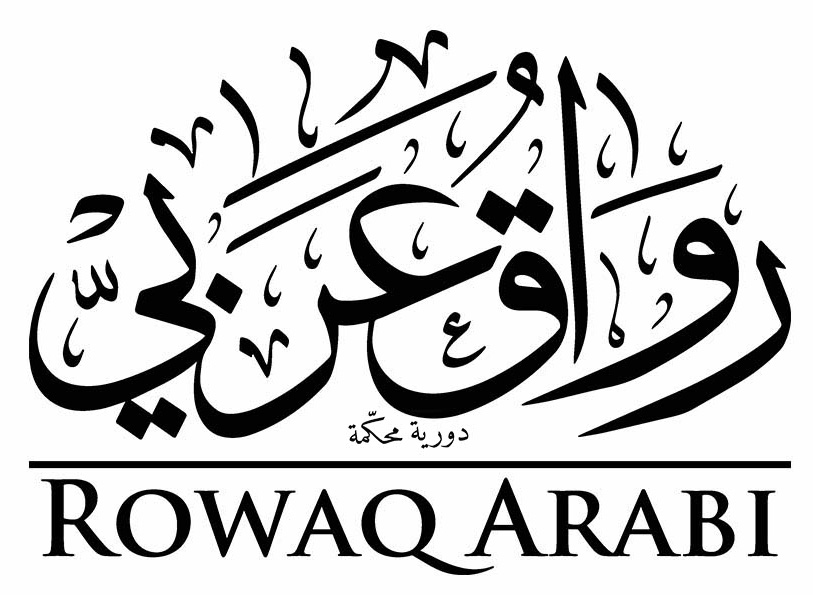Call for Contributions: Defending Human Rights Amid the New Wave of Arab Uprisings

Similar to political and economic struggles, the human rights struggle can be seen in the context of revolution as well as counter-revolution in the politics of transition. On one hand, a discourse in the defence of human rights may be present in revolutionary political movements and protests. On the other, the instrumentalisation of human rights discourses by counter-revolutionary powers, whether locally by the ruling elites or internationally by other governments, may also exist.
Now eight years after the beginning of the first wave of Arab uprisings, Algeria and Sudan have apparently begun a new wave of revolt. It is evident that protesters in the two countries, and across the region, have evolved politically; learning several lessons from failures of the past. Rowaq Arabi, an electronic magazine specialised in human rights studies in the Middle East and North Africa, is calling for contributions on this topic, under the theme of ‘Human rights discourses in the new wave of Arab uprisings: Their development in the dynamics of peaceful protests and popular mobilisation and their instrumentalisation by counter-revolutionary powers’.
Submissions, which include papers, analyses, and book reviews, are accepted from now until the 31st of December 2019 in both Arabic or English. Abstracts, along with a recent list of previously published articles are to be sent to [email protected]. Contributors with no previous publications are welcome and encouraged to send complete articles. Once published, authors will be compensated for their contributions.
Rowaq Arabi suggests the following sub-topics for contributors while welcoming other suggestions relevant to the main theme of this call:
- The role of human rights organisations in paving the road for uprisings
- The response of the international community to the recent wave of Arab uprisings
- Regional and international dynamics in relation to the recent wave of uprisings
- Human rights in transitional periods: What happens after a leader’s downfall?
- The founding of the Sudanese Professionals Association and its relations with existing political parties and civil society
- Mobilisation based on economic and social discourses: The case of Algeria (or other countries)
- The evolution of human rights discourses under repressive and restrictive regimes in the region
- Differences in the positions of international actors (EU, US and others) in regards to the uprisings in Sudan vs. Algeria
- The instrumentalisation of human rights discourses in international relations between governments: Egypt and Saudi Arabia in comparison to Turkey and Iran
To read more about Rowaq Arabi, its history in print since 1996 and its ongoing online transition, in addition to our author’s guidelines, please refer to this link.
Read this post in: العربية

